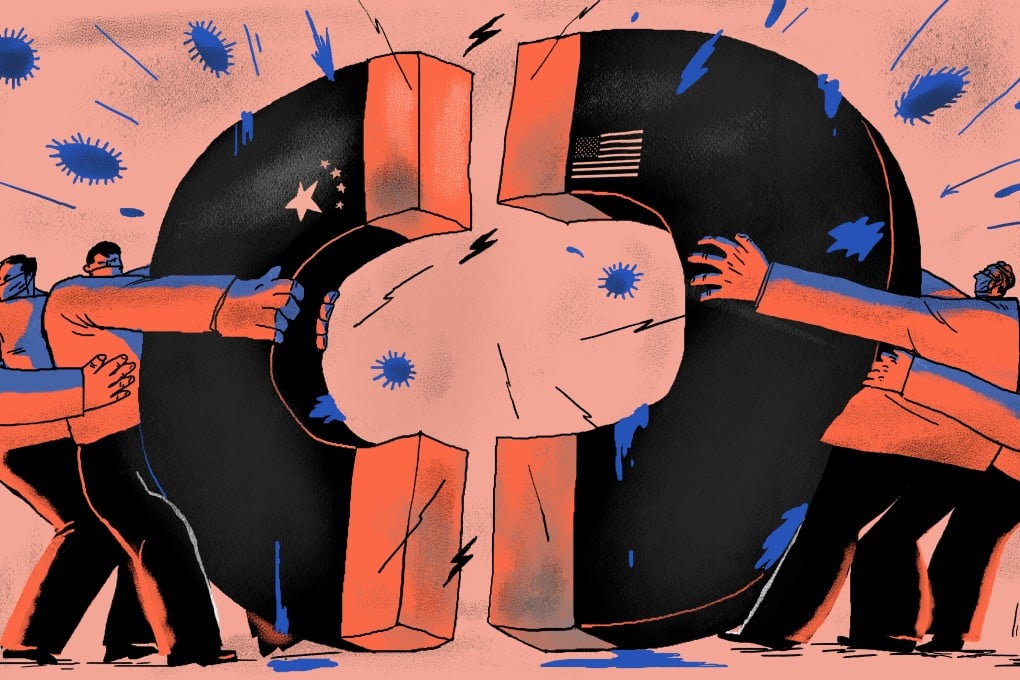Coronavirus outbreak fans the flames of US-China decoupling debate in Washington
- Any hope that the US-China phase one trade deal would salvage the superpower relationship have been scotched by the coronavirus
- Epidemic set to hit US economy and has led to rising discord among Washington figures, some of whom call for decoupling between the world’s two largest economies

This is part of a four-part series looking at how the coronavirus epidemic affects China’s relationships with the rest of the world. Part one focuses on the virus’ reignition of a long-term debate over decoupling of the US and Chinese economies.
At an event in Washington on Friday, Florida senator Rick Scott used the term “Communist China” 25 times in a 10-minute speech pushing the idea that the coronavirus epidemic should be used as a wedge to prise apart the US-China relationship.
“Communist China just does not want to join the community of nations, so much as it wants to rule it. The result, whether we want to admit it or not, is there is a new Cold War.”
While Scott’s has long been one of the loudest voices trying to push the Trump administration’s policies in an anti-China direction, his rhetoric is now finding more favour in an increasingly hostile environment towards China in the American capital.